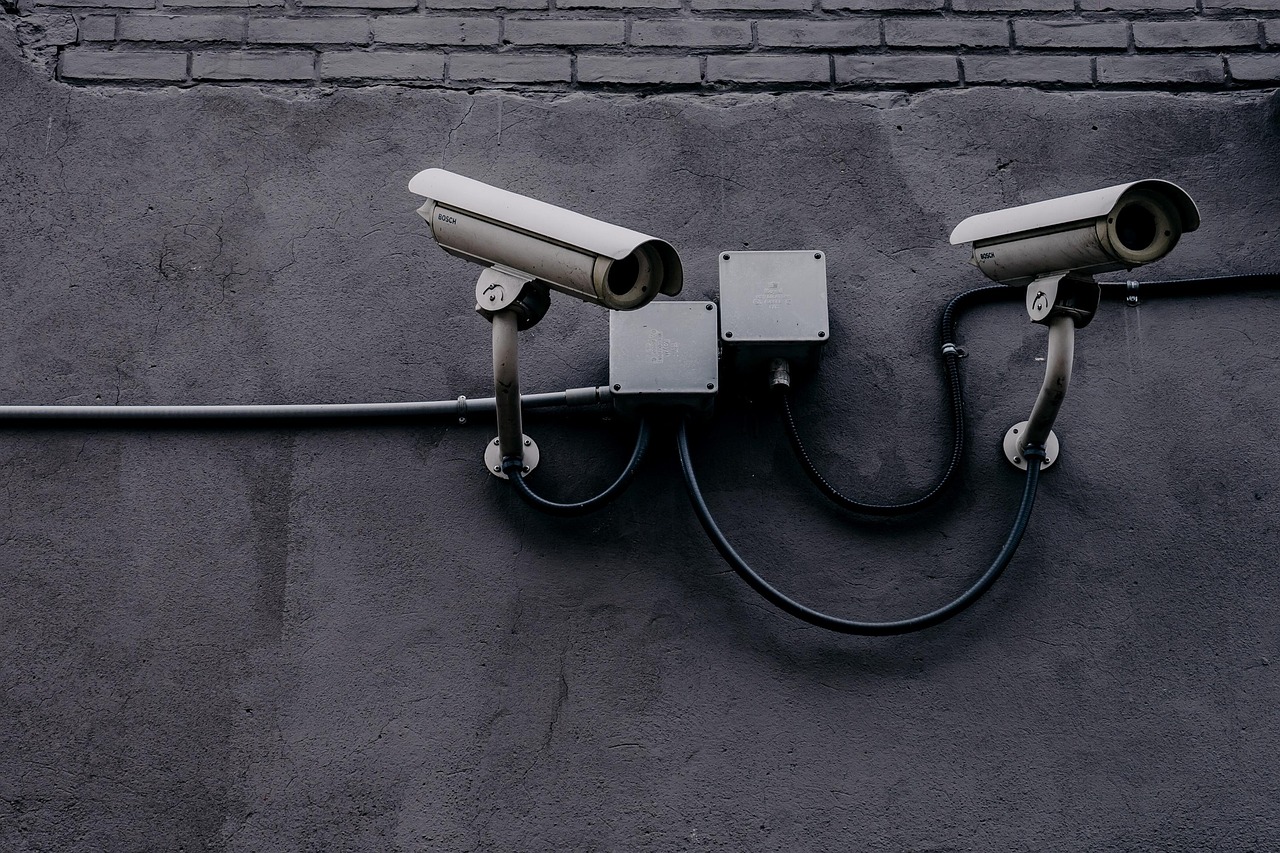10 Best Practices for Modern Security Operations
Learn the essential strategies and practices that leading security companies use to optimize their operations and improve client satisfaction.
Author: Vigilfy Team
12 min read

In today's competitive security landscape, operational excellence isn't just an advantage—it's a necessity. Leading security companies distinguish themselves through proven best practices that optimize efficiency, enhance service quality, and drive sustainable growth.
## 1. Implement Comprehensive Training Programs
### Initial Certification
- Conduct thorough background checks and screening
- Provide industry-standard security training and certifications
- Include client-specific protocols and procedures
- Test comprehension before field deployment
### Ongoing Education
- Regular refresher training on security protocols
- Updates on new technologies and procedures
- Soft skills development for client interaction
- Leadership development for advancement opportunities
## 2. Establish Clear Communication Protocols
### Real-Time Reporting
- Implement digital incident reporting systems
- Use mobile apps for instant communication
- Establish clear escalation procedures
- Maintain detailed activity logs
### Client Communication
- Provide regular status updates and reports
- Establish dedicated client service representatives
- Implement feedback collection systems
- Conduct regular client satisfaction surveys
## 3. Leverage Technology for Efficiency
### Digital Scheduling Systems
- Use automated scheduling software
- Consider guard preferences and qualifications
- Optimize coverage while minimizing costs
- Provide easy shift management for guards
### Monitoring and Tracking
- Implement GPS tracking for guard accountability
- Use QR codes or NFC tags for checkpoint verification
- Deploy IoT sensors for environmental monitoring
- Utilize security cameras with intelligent analytics
## 4. Focus on Quality Assurance
### Regular Inspections
- Conduct surprise site visits and inspections
- Monitor guard performance and adherence to protocols
- Review incident reports for quality and completeness
- Implement corrective action plans when needed
### Performance Metrics
- Track key performance indicators (KPIs)
- Monitor client satisfaction scores
- Measure response times and incident resolution
- Analyze guard retention and satisfaction rates
## 5. Develop Strong Client Relationships
### Partnership Approach
- Understand each client's unique security needs
- Collaborate on security assessments and improvements
- Provide proactive recommendations and solutions
- Maintain regular communication and check-ins
### Customized Service
- Tailor security protocols to specific client requirements
- Adapt procedures for different types of facilities
- Provide specialized training for unique environments
- Offer flexible service options and pricing
## 6. Maintain Rigorous Compliance Standards
### Regulatory Compliance
- Stay current with local, state, and federal regulations
- Maintain required licenses and certifications
- Conduct regular compliance audits
- Document all compliance-related activities
### Industry Standards
- Follow established security industry best practices
- Participate in professional security associations
- Stay informed about emerging threats and countermeasures
- Implement continuous improvement processes
## 7. Optimize Financial Management
### Cost Control
- Track and analyze operational expenses
- Optimize scheduling to reduce overtime costs
- Negotiate favorable vendor and supplier agreements
- Implement energy-efficient technologies and practices
### Revenue Optimization
- Develop competitive but profitable pricing strategies
- Offer value-added services to increase revenue per client
- Focus on client retention to reduce acquisition costs
- Explore new market opportunities and service offerings
## 8. Invest in Employee Satisfaction
### Competitive Compensation
- Offer competitive wages and benefits packages
- Provide performance-based incentives and bonuses
- Implement recognition and reward programs
- Create clear advancement opportunities
### Work-Life Balance
- Offer flexible scheduling options when possible
- Provide adequate time off and vacation policies
- Support work-life balance initiatives
- Foster a positive and supportive work culture
## 9. Plan for Emergency Situations
### Emergency Response Procedures
- Develop comprehensive emergency response plans
- Train guards on emergency protocols and procedures
- Coordinate with local law enforcement and emergency services
- Conduct regular emergency drills and simulations
### Crisis Management
- Establish crisis communication protocols
- Maintain emergency contact databases
- Develop business continuity plans
- Regularly review and update emergency procedures
## 10. Embrace Continuous Improvement
### Data-Driven Decisions
- Collect and analyze operational data
- Use metrics to identify improvement opportunities
- Implement feedback loops for continuous learning
- Regular review and update of policies and procedures
### Innovation Adoption
- Stay current with security technology trends
- Pilot new technologies and solutions
- Gather feedback from guards and clients
- Scale successful innovations across operations
## Measuring Success
Implementing these best practices requires commitment and resources, but the results speak for themselves:
- **Improved client retention rates** of 85% or higher
- **Reduced guard turnover** by 40-50%
- **Increased operational efficiency** and cost savings
- **Enhanced reputation** and market positioning
- **Sustainable business growth** and profitability
## Conclusion
Modern security operations require a holistic approach that combines technology, training, and strategic thinking. Companies that implement these best practices position themselves for long-term success in an increasingly competitive market.
Remember, excellence in security operations isn't achieved overnight. It requires consistent effort, continuous improvement, and a commitment to putting both clients and employees first. Start with the practices that align with your current capabilities and gradually expand your implementation as you build expertise and resources.
The security industry's future belongs to companies that can deliver consistent, high-quality service while adapting to changing client needs and technological advances. By following these best practices, you'll be well-positioned to thrive in this dynamic environment.